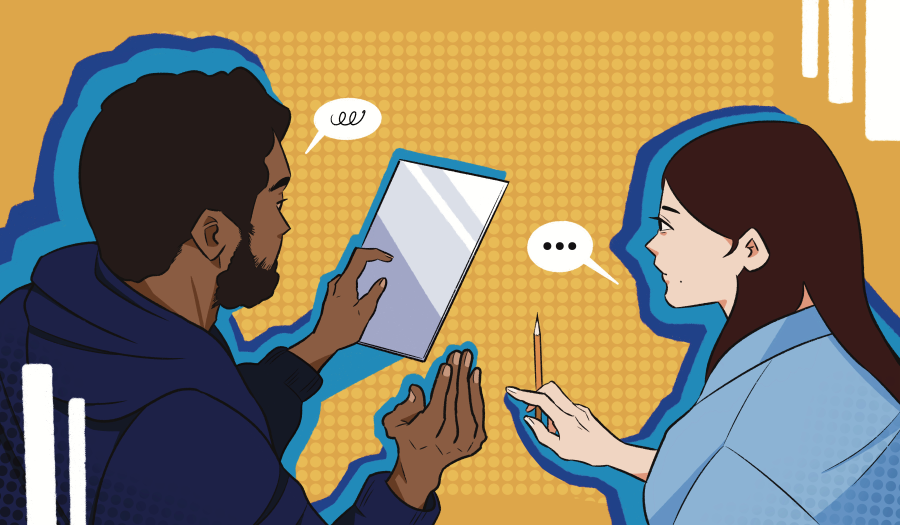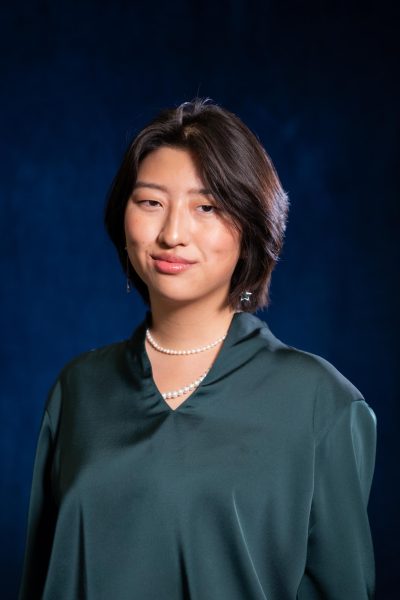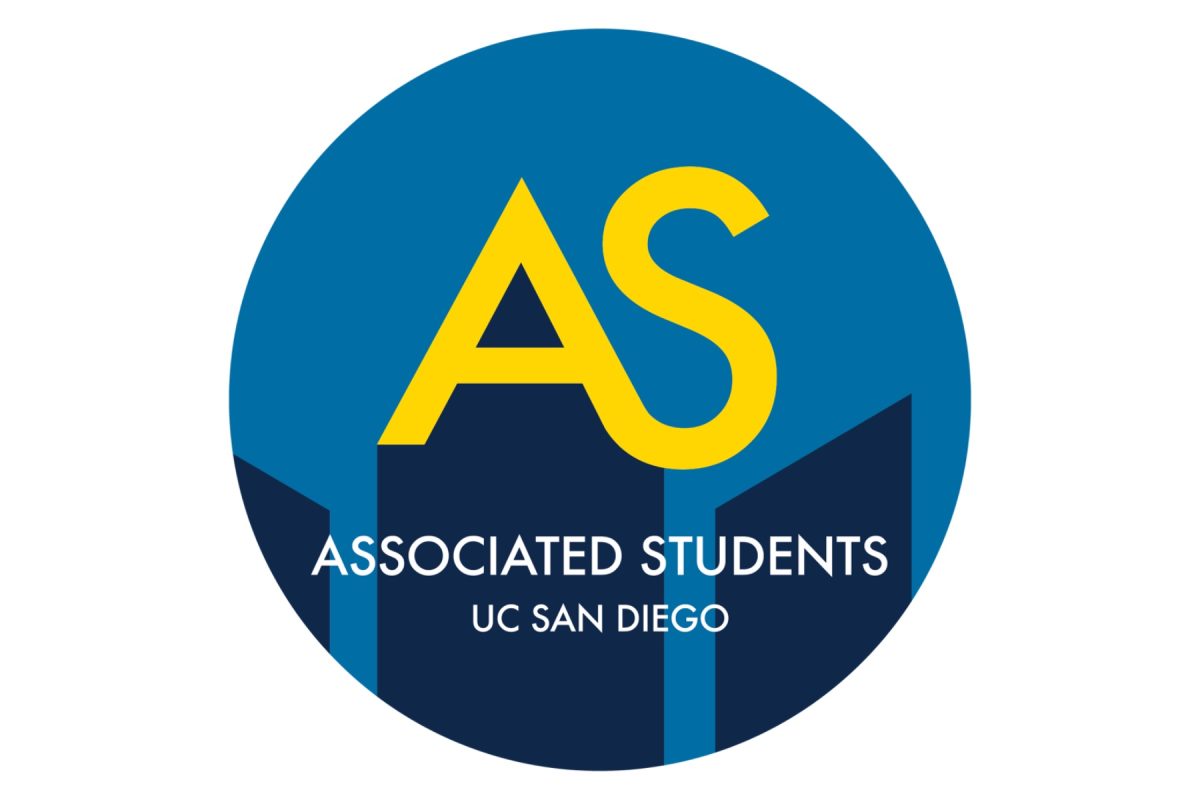Week 7
This week, the Associated Students mainly focused on the proposition of homework and textbook access code initiative introduced by Office of Equity, Diversity, and Inclusion led by Assistant Vice President Cristian Fuentes-Hernandez, as well as going over the UAW graduate student workers strike.
First, Fuentes-Hernandez gave a special presentation on the homework and textbook code initiative his office hopes to introduce. Although homework codes, as they are now, make it easy for instructors to grade assignments, Fuentes-Hernandez stated it brings up issues of accessibility for students. Codes can range from $65 to $100, and are only accessible for one quarter and one class. Additionally, online homework and textbooks can be inaccessible to students with disabilities, such as blind students.
“It’s an issue of equity,” Fuentes-Hernandez said. “It may be $60, but that money can affect people depending on their circumstances. If you’re struggling with housing, you live paycheck-by-paycheck, and you’re on financial aid, this $60 can be another thing that can hinder your education.”
To further investigate, the office of EDI met with the academic senate, and the senate then did surveys with the help from Institutional Research, Student Affairs, the Library, Provosts, A.S., CALPIRG, and Students for Open Access. They found five results from the surveys:
- Different student demographic groups experience different impacts with regards to access with course materials.
- The cost of homework codes are a significant barrier.
- Students are frustrated being asked to buy materials that they barely use.
- Students prefer ownership and reusing materials.
- Material costs outside of tuition are seen as a financial burden.
Following this, President Sky Yang stated that incoming students will need to confirm their COVID-19 vaccination status on MyStudentChart by Jan. 3, 2023.
Next, Academic Affairs Vice President Rhianen Callahan expressed support for the academic workers strike as well as reshared graphics from the unions on the AS academic Instagram page.
Finally, Fuentes-Hernandez introduced the resolution to pressure the academic senate about homework codes. The majority of the A.S. members agreed that they shared some sort of displeasure over homework codes, but many were not sure how to implement some sort of change. One of the main dissenters was Callahan, who noted that there are many barriers to go through, such as different approvals from different assemblies.
Week 8
At the A.S. meeting in Week 8, students from SPACES went over their new budget for the academic year, and a senator introduced a new initiative for battery recycling and disposal.
During the Open Floor, students from the general audience came in to discuss the strike and the ramifications of what could come. A student from Eleanor Roosevelt College, whose name was not recorded, explained their worries for how there might be a possible attempt from UC San Diego to raise undergraduate tuition, even though the undergraduate stability plan, a plan meant to prevent rises in tuition, is in place. The student asked A.S. to pay attention to the price of tuition and ensure that it remains fair and affordable. Additionally, another student told the A.S. to not make performative actions to address the needs of the current strikers.
Next, members of the assembly board at SPACES gave a presentation on the 2022-23 budget. The presenters were Director of External Affairs Kaelyn Ford, Co-Director of Internal Affairs Rara Watanabe, and SIPHR Co-Director Teanna Bautista-Leung. SPACES was afforded to make changes in the budget thanks to a rollover fund total of $85,000, allowing them a larger budget. First, SPACES raised the wages of its workers to combat the rising costs of living. Additionally, the presenters went over the total allocations for its components. SPICEE will receive $60,000; SIPHR will receive $80,000, and SIAPS will receive $184,000.
Following the budget review, Senator Divya Gangaramani sponsored a special presentation on electronic waste disposal on campus. Currently, on-campus battery disposal is done through mail only. However, this initiative seeks to recycle batteries, which can enable the recovery of useful materials like copper or gold, and reduce the energy required to mine them and thus reduce pollution and greenhouse gasses.
A.S. Council meetings take place at 6 p.m. every Wednesday and are open to students. Students can participate in these meetings by attending live at the A.S. offices in Price Center, joining their Zoom link, or tuning in on Facebook Live.
Art by Ava Bayley for The UCSD Guardian.
















